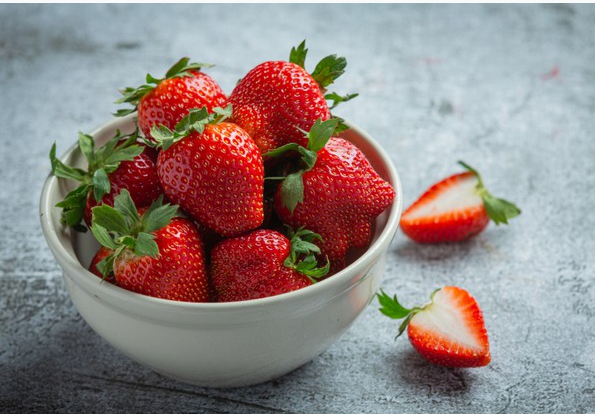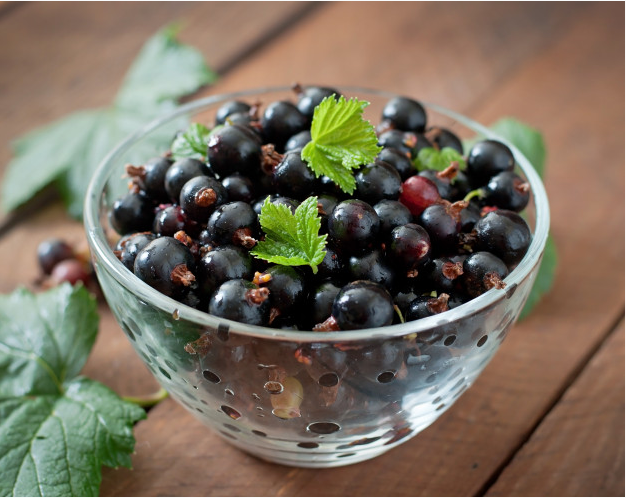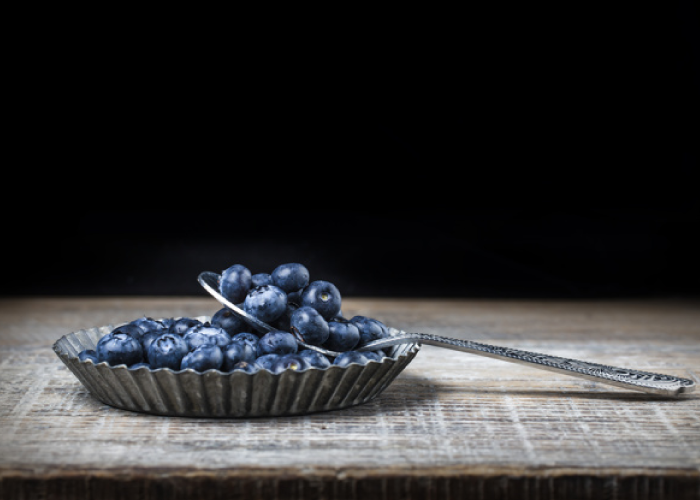
Alzheimer’s is a painful condition, not only for the ones who suffer from it but also for their near and dear ones. It robs a person of their most cherished memories and the comfort of familiarity. Alzheimer’s is a progressive disorder that affects the brain and impairs a person’s mental faculties. This includes their ability to keep up with their behavior and their mobility.
It is unfortunate that although one in every three senior citizens across the world suffers from this condition, there is no cure available for this condition. While this may seem demotivating, there are several ways to ensure its prevention.
The most effective way of preventing this life-changing condition is to make dietary changes. While this may seem like a small step, it makes a big impact.
There is strong evidence to suggest that aluminium is linked to the regression of the brain cells and it has been scientifically linked to the onset of dementia. Since aluminium is the third most abundant mineral in the world, it is commonly present in food items as well as a common active or inactive substance in medications.
The first step for Alzheimer’s prevention, thus, is reducing the consumption of aluminium. Avoid aluminium rich foods such as cheese, poultry and meat products. It is also important to ensure that you do not handle your food in aluminium packages for the same reasons. Similarly, the use of aluminium pots, pans, and other utensils should be avoided as far as possible.
One of the most potent ways to prevent this disease is the addition of flavonoids to your diet. Flavonoids are anti-inflammatory and their antioxidant properties are suspected to regress the degeneration of brain cells. Flavonoids have many effective derivatives such as quercetin and kaempferol. These are naturally found in many fruits and vegetables.
Some of the most commonly available fruits and vegetables that include flavonoids are cabbage, kale, citrus fruits such as oranges, apples, peaches, and berries. While the content of flavonoids varies in all of these food items, berries are known to contain other substances that nourish the mental facilities.
Berries are abundant sources of flavonoids. Since oxidative stress and inflammation are the root causes of brain aging, it is important to tackle these processes through your diet. It has been demonstrated through scientific studies that the anti-inflammatory properties of berries help in modulating the inflammation of signal pathways.
Oxidation is known to play a crucial role in the genesis of neurodegenerative diseases. Unfortunately, the brain is more susceptible to succumb to such changes as compared to other organs in our body. This is because neurotransmitters are auto-oxidized throughout our lifetime. Hence the anti-oxidative properties of berries not only slow the aging process for the body but also slow down the aging process of neurological pathways, hence delaying the decline of brain functions.
The polyphenolic properties of berries activate natural antioxidant enzymes present in the brain cells and hence promote good brain health.
Here are some of the most commonly found berries and their positive effect on brain health-
Strawberries-
Strawberries are known for their antioxidant properties, but are, in fact, one of the richest sources of flavonoids. They contain different derivatives of flavonol such as anthocyanins, tannins, catechin, quercetin, kaempferol. These are known to be the strongest contributors in bettering brain health and can prevent the onset of Alzheimer's disease by about forty percent.
Apart from these substances, they also contain high quantities of carotenoids, which help prevent all forms of cancer and protect the brain in the process.
Strawberries also help counter age-induced deficits in the brain process, by countering the effects of aging such as providing calcium and invoking the release of dopamine- the ‘happy chemical’. This does wonder for the brain’s overall health.
Blackcurrants-
Blackcurrants are one of the best sources of polyphenols which have anti-inflammatory properties along with their antimicrobial and antibacterial properties. They are known to contain certain polyphenols that are rich in fibrils. These fibrils, in turn, slow down the inflammation of the brain cells and hence help to prevent the onset of diseases such as Alzheimer’s.
They also contain substances such as secretase that slow down the aging process in the brain. Scientific studies have also shown a close relationship between the consumption of berries such as blackcurrants and an increase in motor skills and performance in animals such as rats.
Blueberries-
Not only do blueberries have antioxidant and anti-inflammatory properties, but they also exhibit properties that help reverse the aging process of the mind. They aid the synthesis of certain proteins in the brain that help fight the degenerative effects of ageing.
Preclinical trials have also shown that they positively impact cell signalling and the development of cell and cell synapses as well.
A healthy diet goes a long way, and can effectively save you from chronic conditions like Alzheimer’s without the use of expensive medicines. Like they rightly say, “prevention is better than the cure”, and hence it is a good practice to make the right changes in your diet early on.
One other benefit of fighting degenerative brain conditions through these natural substances and flavonoids is that they allow you to satiate your sweet tooth and prove to be helpful in many aspects of your overall health. You can easily introduce berries in your diet by adding them to your breakfast cereal, oatmeal bowls or simply enjoying a fruit bowl containing berries and other tasty fruits such as peaches.
So what are you waiting for? Pick up your grocery bags and make healthier choices today for a better tomorrow!



